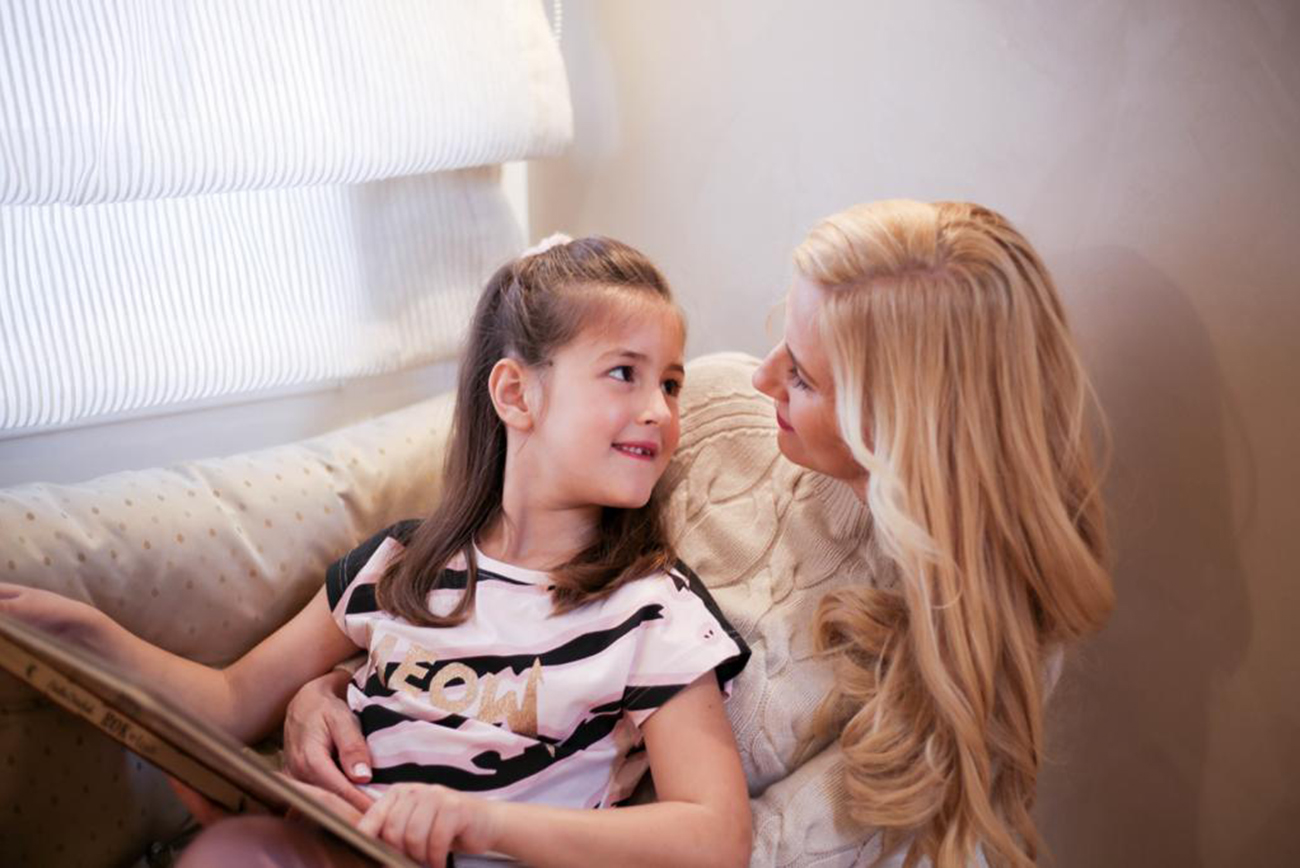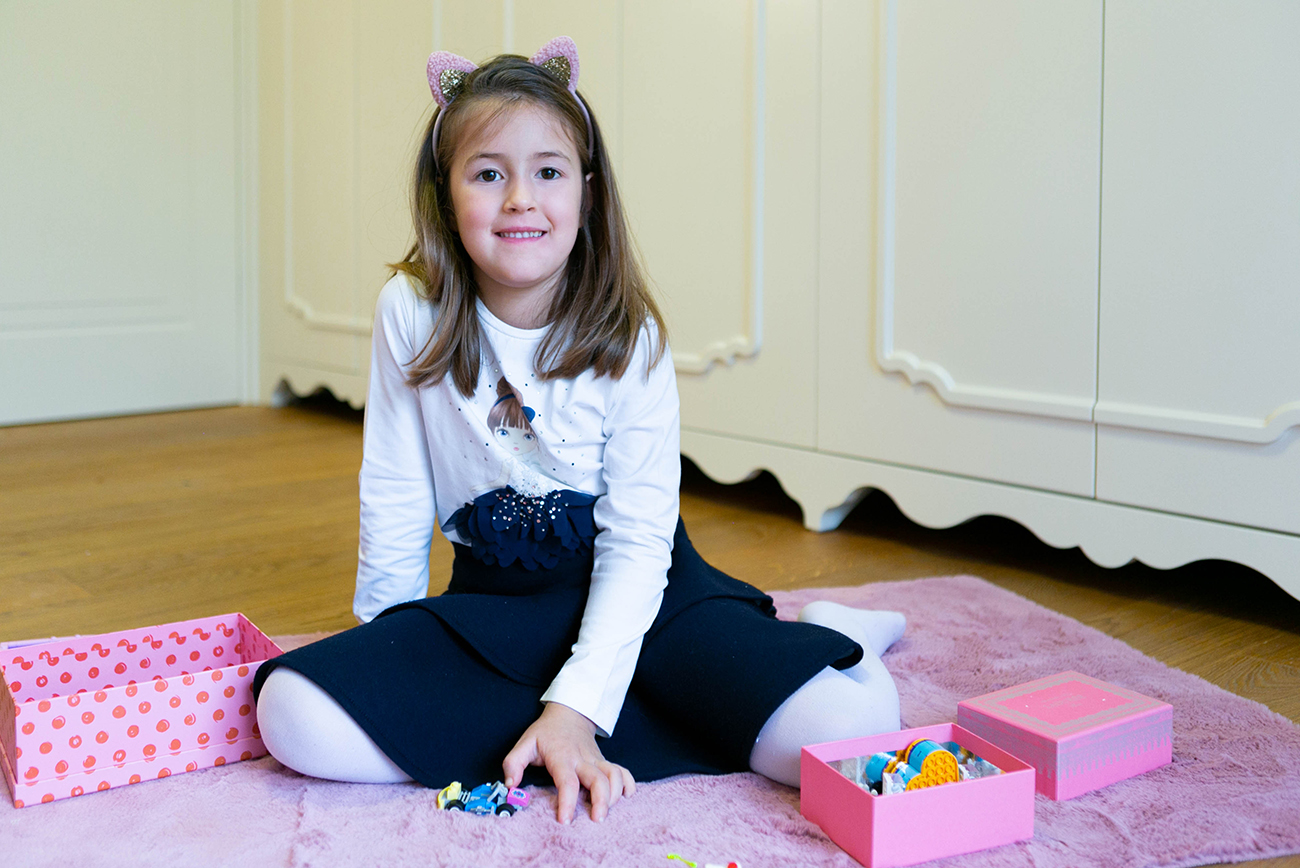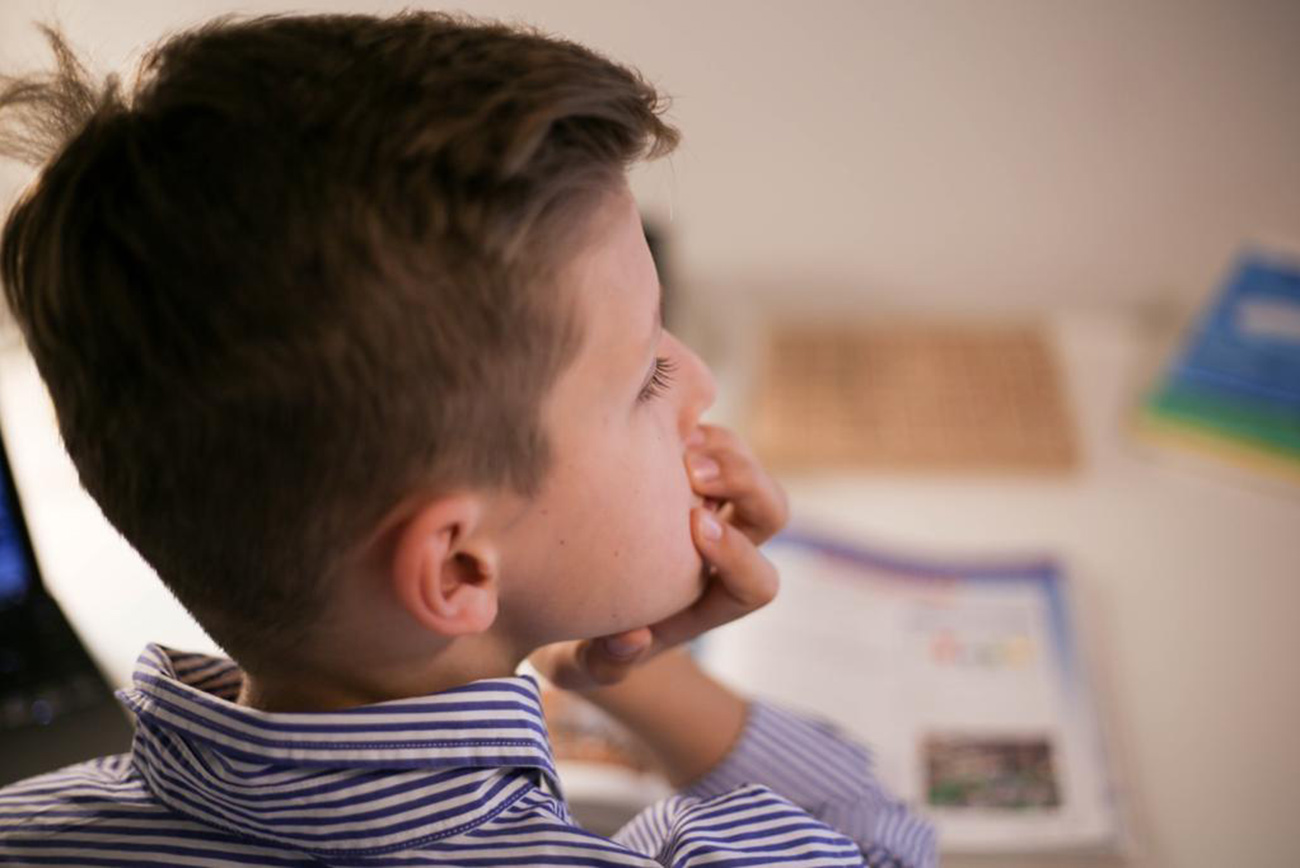How to develop and stimulate your child’s speech in everyday life?
It is well known that children develop at their own pace. However, it happens from time to time that we as parents feel a little anxious when, for example, our bright and lively two-year-old communicates only 8 words…. Recently I was talking to a friend of mine, mother to 1,5 years old boy, who doesn’t speak at all yet, he only babbles.
When does the child start talking?
Stages of speech development
The development of speech, like learning to walk, is a process, so it takes place in successive stages, in which one prepares for the next. There are four times when a child starts talking:
- melody period – up to 1 year of age of a child,
- period of expression – from 1 to 3 years of age,
- sentence period – from 1.5 – 2 to 4 years,
- the period of specific speech – up to 7 years of age.
What are characteristics of development for children 2, 3 and 4 years old?
- Use single words efficiently and build simple sentences (active dictionary);
- They understand most of the messages that we address to them (passive dictionary), but still understand more than they say;
- Some sounds are swapped or distorted;
- Younger children use onomatopoeic phrases in some of their statements;
- They have a huge thirst for knowledge. They often ask: what is it? who is this? why?

What can be worrying?
Parents or guardians often have doubts as to whether their child is developing properly. They ask questions about when lisping is still normal and when to see a speech therapist. In most situations, our fears turn out to be unfounded. However, it is worth paying attention to a few symptoms.
If, during the melody, the child does not cry, roll his eyes, stumble or chat, we should see a doctor. Similarly, when the child is not trying to imitate syllables.
In the period of expression, the lack of facial expressions and reaction to it may attract our attention, and in the period of the sentence, no questions or attempts to build simple sentences.
During the specific speech period, stuttering in a five-year-old may be a sign of abnormality, and in a six-year-old in not being able to pronounce “r”.
If we find that there is no time when the child starts babbling or talking, the first words do not appear, the child screams instead of crying, or communicates less well than his peers, do not panic! In most cases, this may be a developmental delay. It is assumed that some deviations may last up to six months. Problems are more common in premature babies. In such a situation, it is best to go to a general practitioner or speech therapist who will dispel our doubts, refer to a neurologist or recommend appropriate exercises for our toddler.
In most cases, the language will develop at its own pace and there’s nothing to worry about. In the meantime, we can do at home various activities that stimulate the speech development of the child. What can we do?
- Talk to him – first of all! Talk, talk and talk to your child from an early age – at breakfast, during a walk, at lunch and dinner.
- Listen and repeat the child’s words in the correct form.
- Read aloud to your child, even when they are tiny and “don’t understand”. Dip them in a “verbal bath “of books, stories, novels and made-up narratives.
- Sing to the child and with the child, recite poems and rhymes.
- Imitate the sounds of animals, rain, and even the squeak of a door.
- Practice breathing – blowing bubbles, whistling and even spitting pits.
- Invite other children to play (the need to communicate with friends significantly affects the development of speech), but never compare, judge or criticize.
I want to share some speech enhancement methods for children who already speak single words:
- Ask questions
What is that? What’s the color? Where does the teddy bear have an eye?
I know – some parents take such questions with a pinch of salt and find them pointless, but they really work. It is a conversation with a child at his level – asking questions motivates him to speak. This will make it easier for you to get along. It is better to ask open-ended questions and not questions to which the answer is yes or no.
- Play games that support speech development
Speech therapists have just games in their offices, so it is worth having them at home and combining business with pleasure.
Games for children that involve activities such as showing, naming, searching, guessing will positively affect the development of speech.
Montessori Baby Flashcards by HAEADU for the smallest children from 1-3 years. Those flashcards activate various sensory channels and, thanks to the Montessori method of the three times, favors the listening and comprehension of the first words and of other concepts, in a natural and spontaneous way. Those are available in @lillypop.store.

- Memory Games
I will tell you that of all the games my favorite game is memory, because I really have to strain my mind to win it. And from my experience, often the Memory games are those children like to play the most, and it’s a great opportunity to exercise.

With this game, you can associate each animal with its correct coat and get practice in observing lines and colors that design different shapes, thus developing your ability to observe in a truly original way.
Discover Memo Game – you can associate each animal with its correct coat and get practice in observing lines and colors that design different shapes, thus developing your ability to observe in a truly original way.

- Sing songs
They don’t have to be typical children’s songs, I remember my mother and aunt singing POP hits for me, and thanks to them I learned many new words. Singing with children is great for speech development, because thanks to them you can learn new words and expressions. Additionally, the singing itself stimulates and regenerates the brain.
Did you know, that for example, people who stutter while singing say the words fluently?
And what if you’re tired of singing? For smaller kids, you can get this soft toy HAPPY YAPIES – RASCAL. If you press buddy’s tummy and start talking, they’ll repeat your words back to you in their own silly voice. Super fun!

- Exercise your hands
You probably have heard more than once that fine motor skills support the development of speech. Why is this happening? Well, the speech centers in the brain lie close to the areas responsible for precise hand movements. Each play like stringing beads or sprinkling a spoon will help children develop speech.
Find some of the best activities at no cost involving children’s hands (and brain), to do at home and I assure you that your child and you will do them with joy! Check HERE.
- Read books
I don’t think I will surprise you with this, but it’s true – reading enriches a child’s passive dictionary a lot. And if you still discuss or ask questions about the read content, you will stimulate active speech. Read more about it HERE.
- Listen to what the child says
Yes, I know it’s hard to be active and involved at all time with our children- I also listen passively a lot, while I think about what I will do for dinner. But I do pay attention to what my children say and listen to various things that are not entirely interesting to me and I ask questions – this is the fate of a parent. I guarantee that with age, children will become more interesting. In the meantime, for kids 4-8, there are these Flashcards Storytelling from Headu.

These flashcards make a fun game, making up new stories and crazy tales, firing the imagination and developing language!
- Turn off the TV whenever possible.
When my first child was born, we decided to turn off the TV in the so-called background. We did not start watching programs or series until the children went to sleep. Such a TV set on somewhere in the background causes noise and the baby may not be able to focus and be constantly aroused. Read some more about it: How much screen time is OK for my kids? Click HERE.
- Cook with your child
A very simple and useful way – you have fine motor skills, sensory games, and you can talk on various topics and name products: colors, textures, temperatures, etc.
Read about it here “Why cooking with children is beneficial?”
Sometimes a simple walk, talks and games can teach a child more than many wooden educational toys.
I just wanted to add, that all the HEADU games are available in LILYPOP Concept Store in Rruga Vaso Pasha in Tirana. Also, visit their account on Instagram @LILLYPOP.store.
Enjoy!
Warmest regards,
Joanna


